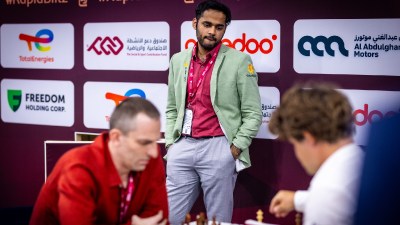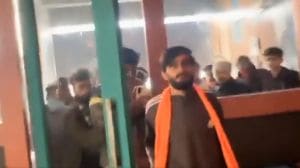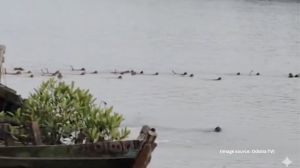Wait 038; Watch
The outlines of an American-Israeli consensus began to emerge on Tuesday, in which Israel would continue to bombard Lebanon for another week or so to degrade the capabilities of the Hizbollah militia, officials of the two countries said.

The outlines of an American-Israeli consensus began to emerge on Tuesday, in which Israel would continue to bombard Lebanon for another week or so to degrade the capabilities of the Hizbollah militia, officials of the two countries said.
Then, Secretary of State Condoleezza Rice would go to the region and seek to establish a buffer zone in southern Lebanon, and perhaps an international force to monitor Lebanon8217;s borders and prevent Hizbollah from obtaining more rockets for bombarding Israel. American officials signalled that Rice was waiting at least a few more days before wading into the conflict, in part to give Israel more time to weaken Hizbollah.
The strategy carries risk, partly because it remains unclear just how long the rest of the world, particularly America8217;s Arab allies, will remain silent as the toll on Lebanese civilians rises.
American officials said Washington was discussing with its Arab allies and Israel the question of how to strengthen Lebanon8217;s borders, a central Israeli demand. Israel has been lukewarm to the idea of an international force in Lebanon, but is willing to consider such a deployment if it includes troops from major powers and if it is used to prevent Hizbollah from supplementing its arsenal.
President Bush and American officials have resisted joining other world leaders in calling for an immediate cease-fire, reflecting the Israeli view that reaching a truce before a significant number of Hizbollah8217;s missiles have been destroyed would leave Israel vulnerable to more attacks.
Sean McCormick, the State Department spokesman, said in a televised interview today that Rice would begin her trip 8216;8216;in the near future.8217;8217; But he ruled out any visit to Damascus, saying that Syria was 8216;8216;isolated8217;8217; along with Hizbollah and Iran. Instead, Rice will work with countries he described as being interested in a permanent solution, like Egypt and Saudi Arabia.
Beyond the desire to give Israel time to weaken Hizbollah militarily, Administration officials said Rice should not go to the region until she can actually produce results. Israel, which is trying to destroy the military capacity of Hizbollah and secure the release of two captured soldiers, said it was aiming only at Hizbollah itself and not the Lebanese Army.
In an interview, Lebanese Prime Minister Siniora said he favoured a release of the two Israeli soldiers. But he coupled that call with other requirements.
Any solution to the crisis, he said, should include Israel8217;s withdrawal from the disputed Shebaa Farms area of the border, the release of Lebanese detainees in Israeli jails and a return to the terms of the 1949 armistice between the two countries.
He suggested the Lebanese Army would move to southern Lebanon once these conditions were met. He backed the idea of a more robust international force, but only after 8216;8216;all the issues8217;8217; were put on the table, and he stopped short of condemning Hizbollah for inviting the Israeli attacks on the rest of the country.
- 01
- 02
- 03
- 04
- 05































